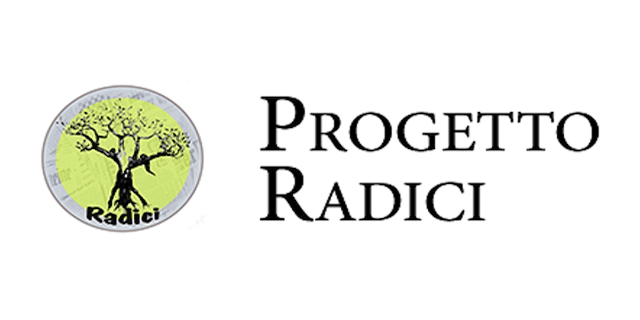CYBERPOL Issues Ultimatum to Kazakhstan: Remove Stolen Trademarks or Face Severe Consequences

In a bold move, CYBERPOL, The International Cyber Policing Federal Approved Agencies, has given Kazakhstan a stringent ultimatum: remove all references to the stolen trademark of CYBERPOL within the next 24 hours or face severe consequences. This ultimatum, issued by Royal Decree WL22/16.595, signifies a critical step in protecting CYBERPOL’s intellectual property on the internet.
CYBERPOL, known for its relentless pursuit of cybercriminals and commitment to safeguarding online spaces, has identified instances of trademark infringement by Kazakhstan. The International Cyber Policing Federal Approved Agencies, acting under a royal decree, have mandated the removal of all unauthorized references to CYBERPOL trademarks within a specified timeframe.
Failure to comply with this ultimatum will initiate the process of removing all infringements of CYBERPOL intellectual property (IP) on the internet. One of the potential outcomes of non-compliance could be the blocking of the Kazakhstan police force from accessing the internet, a drastic measure highlighting the gravity of the situation.
President Ricardo Baretzky in a stern warning, emphasized the urgency of addressing this trademark infringement issue. The president asserted that continued unauthorized use of CYBERPOL trademarks could lead to severe consequences, including a full-scale cyber offensive attack on the perpetrators responsible for the infringement.
The implications of such an offensive attack extend beyond the realm of cyberspace, potentially causing diplomatic inconvenience between parties involved. CYBERPOL, as an international entity, stresses the importance of respecting intellectual property rights and maintaining cybersecurity protocols.
The ultimatum issued to Kazakhstan serves as a clear message: CYBERPOL is prepared to take decisive action to protect its trademarks and maintain the integrity of its brand. The 24-hour timeframe emphasizes the urgency of rectifying the situation and preventing further damage to CYBERPOL’s reputation and intellectual property.
In the event that Kazakhstan fails to comply with the ultimatum, CYBERPOL’s offensive cyber attack plan looms on the horizon. Such an attack, while aimed at rectifying the infringement, could have broader consequences on diplomatic relations between CYBERPOL and the government of Kazakhstan.
It is crucial to understand the significance of intellectual property in the digital age. CYBERPOL’s proactive stance underscores the importance of safeguarding trademarks and proprietary information in an era where cyber threats are rampant. Intellectual property theft not only undermines the efforts of organizations like CYBERPOL but also jeopardizes the security of individuals and nations.
As the deadline approaches, the world watches closely to see whether Kazakhstan will heed the ultimatum and take swift action to remove all references to the stolen CYBERPOL trademarks. The potential consequences, including internet access restrictions and diplomatic tensions, add a layer of complexity to this high-stakes situation.
In conclusion, CYBERPOL’s ultimatum to Kazakhstan reflects the growing significance of protecting intellectual property in the digital landscape. The 24-hour countdown serves as a testament to the urgency with which CYBERPOL addresses trademark infringement. The potential repercussions, both in terms of internet access restrictions and diplomatic strain, underscore the gravity of the situation. As the deadline looms, the international community awaits the outcome of this high-stakes standoff between CYBERPOL and Kazakhstan.







